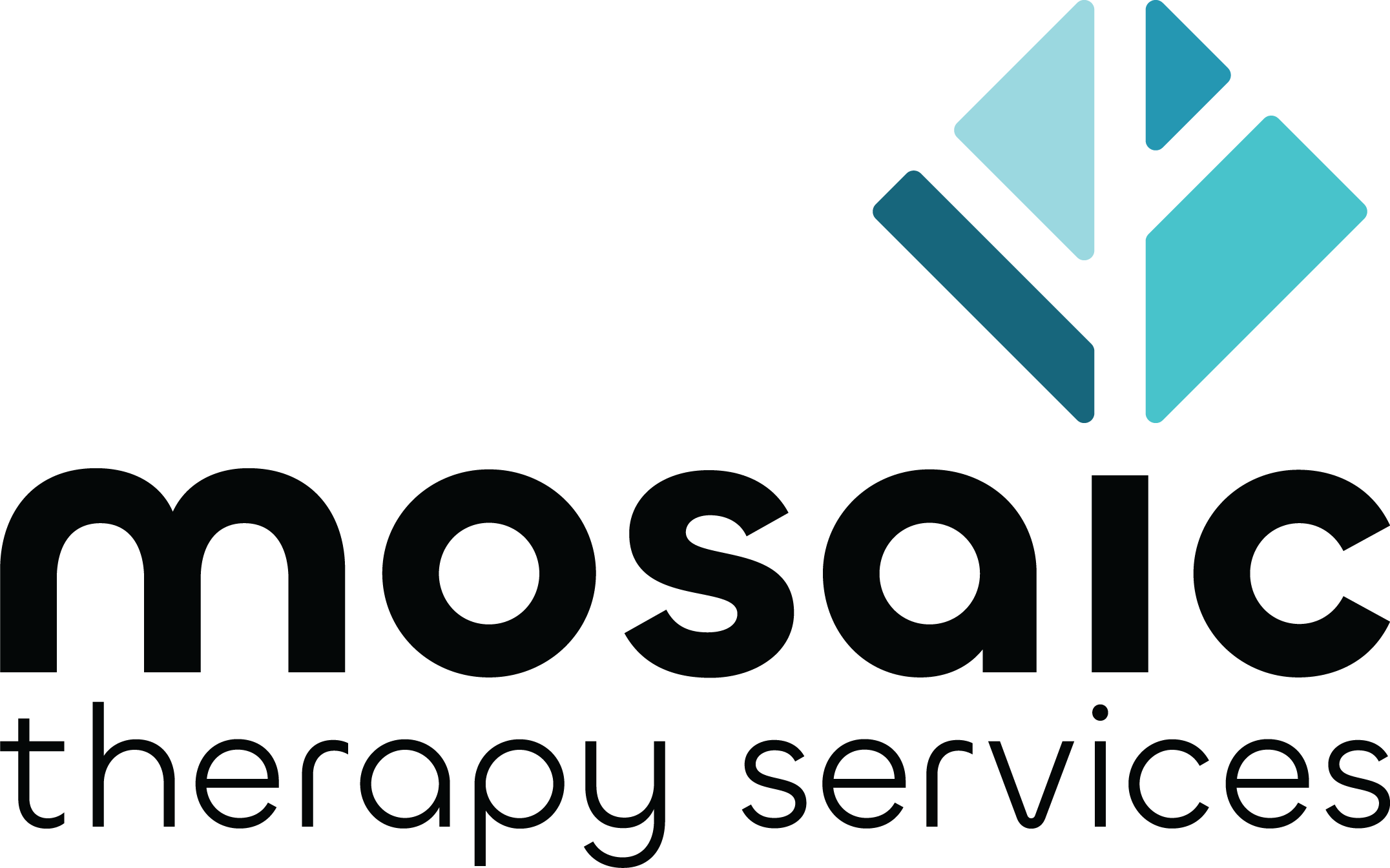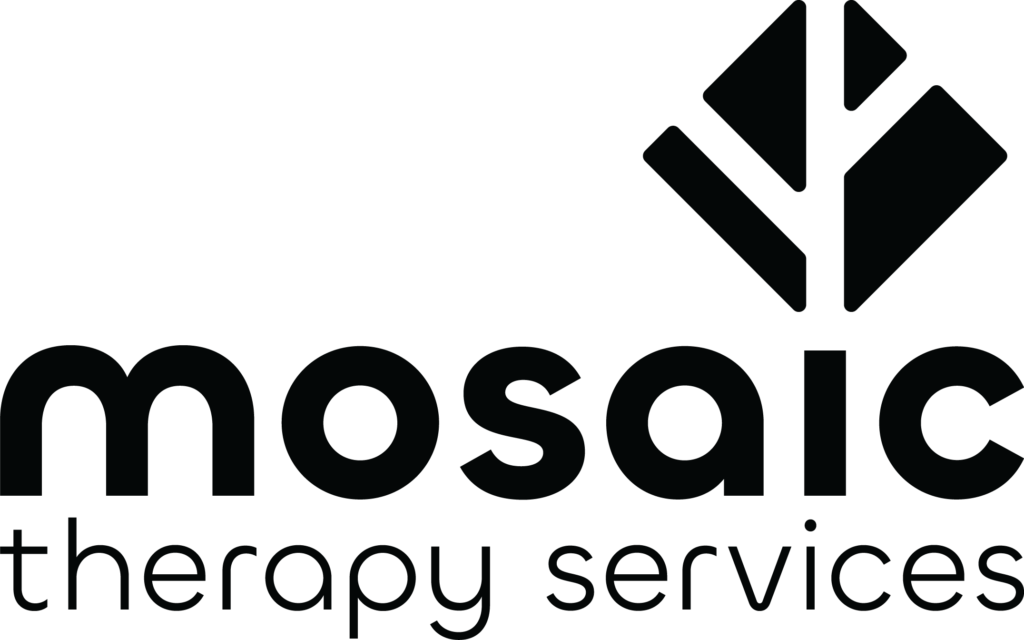
Internal Family Systems
Internal Family Systems is an evidenced-based therapeutic model that uses specific techniques to help clients access their own internal system, with parts that function much like a family. IFS offers a clear, non-pathologizing, and empowering method of understanding your symptoms and provides an innovative way to regulate your emotions and improve your problem-solving skills.
Does IFS involve my family?
IFS is not family therapy. The focus of IFS is on the first word, internal – you’ll develop way to understand and effectively lead your inner parts (thoughts/feelings/beliefs) that function like a family and are responsible for behavior.
While not the primary focus, because some of the same principles you will learn in IFS therapy can be applied to other external systems (family, work, school), many individuals also gain improved competency and understanding of how they work and how to navigate conflicts that may arise.
While not the primary focus, because some of the same principles you will learn in IFS therapy can be applied to other external systems (family, work, school), many individuals also gain improved competency and understanding of how they work and how to navigate conflicts that may arise.
What are the benefits of IFS Therapy?
IFS therapy provides an option for progress in a way that’s different from other popular treatment models, such as CBT or DBT, that may not be working for you. In IFS therapy, you will develop the ability to rely on yourself over time and not become dependent on your therapist for support.
The pace and intensity of IFS therapy is set by you, not your therapist, empowering you to experience healing that is compassionate, safe and offers hope. IFS therapy attends to often conflicting beliefs and emotional experiences parts of us carry that when left unresolved can sabotage your efforts toward healing.
The pace and intensity of IFS therapy is set by you, not your therapist, empowering you to experience healing that is compassionate, safe and offers hope. IFS therapy attends to often conflicting beliefs and emotional experiences parts of us carry that when left unresolved can sabotage your efforts toward healing.
What is IFS best at treating?
IFS has been shown to be effective in improving the symptoms related to anxiety, obsessive-compulsive, mood (depression/bipolar), body image, eating, trauma, self-harm, and physical health conditions.
IFS has been shown to be equally effective with improving personal resilience/self-concept and overall well-being by addressing specific life-stressors such as relationships, career, or recurrent patterns that can impact multiple areas of life.
IFS has been shown to be equally effective with improving personal resilience/self-concept and overall well-being by addressing specific life-stressors such as relationships, career, or recurrent patterns that can impact multiple areas of life.
How is IFS different from other treatment models?
IFS is different because:
- it focuses on the internal parts of yourself, how they interact and, when those parts have negative thoughts, impulsive behaviors, or overwhelming emotion, helps them find their non-extreme roles.
- it offers a system of understanding how to work with the many different internal conflicts these parts hold that might typically slow down progress in therapy or hinder healing.
- it contends there are no “bad” parts, so the goal is not to shame, change, or eliminate these parts but to develop a relationship between them and the “Self”.
- it can assist you in achieving balance and harmony within your internal system instead of constantly feeling the stress and discomfort that “there’s something wrong”.
- it can help you move toward the 8 C’s of Self-Leadership: calmness, curiosity, clarity, compassion, confidence, creativity, courage, and connectedness.
- it can help you give voice to, nurture, guide and consider your internal parts rather than mindlessly reacting out of stress or trauma responses.
- it offers hope for the possibility that you can change how you experience, understand, and respond to situations and experience well-being.

